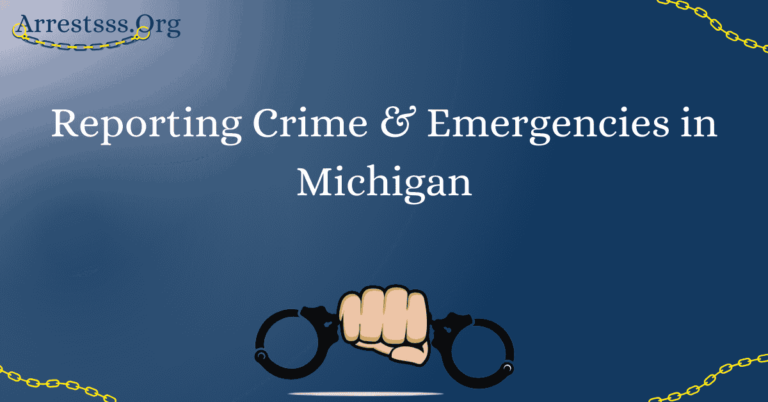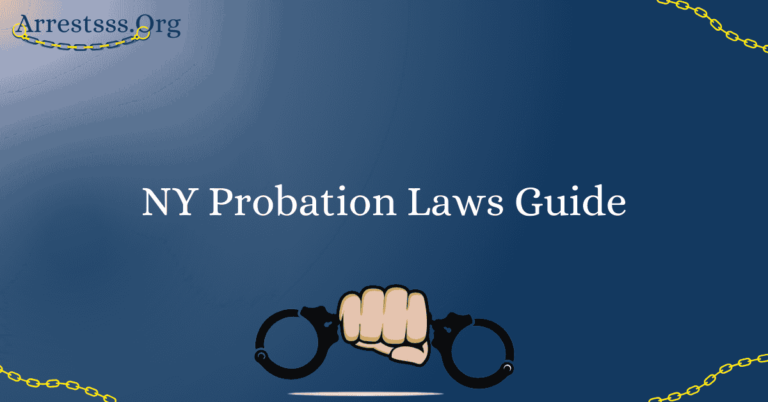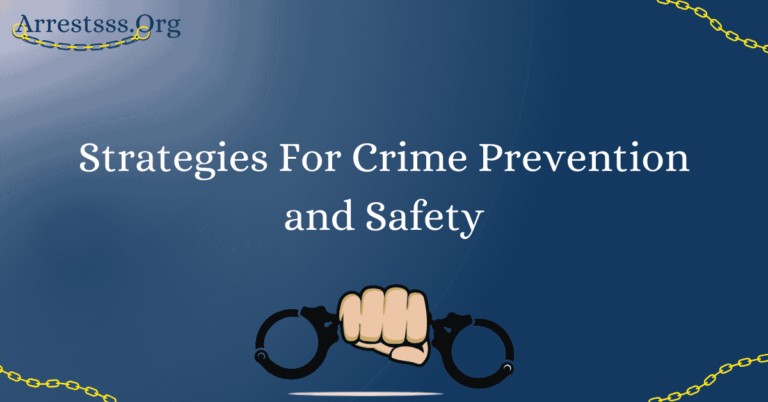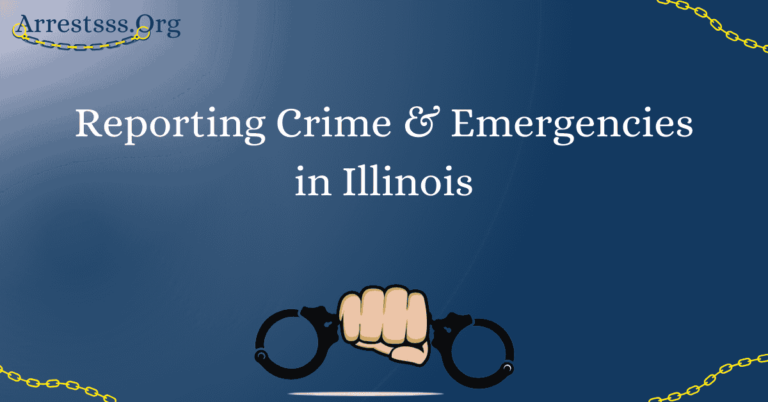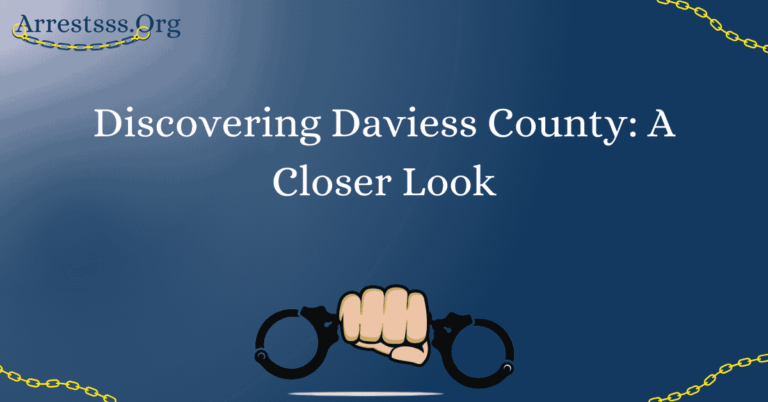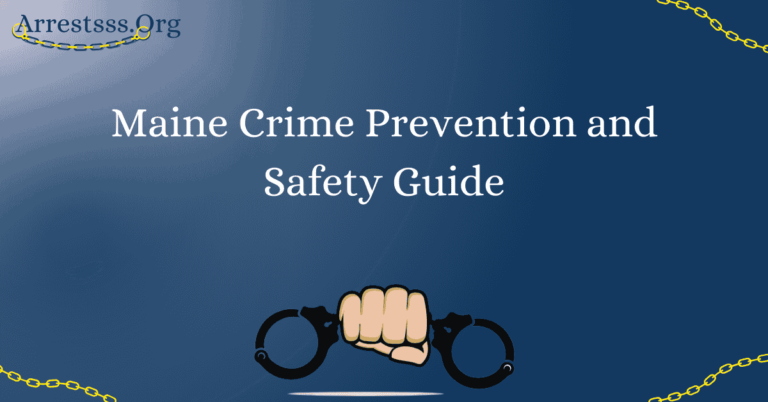Missouri Expungement: Clearing Your Criminal Record
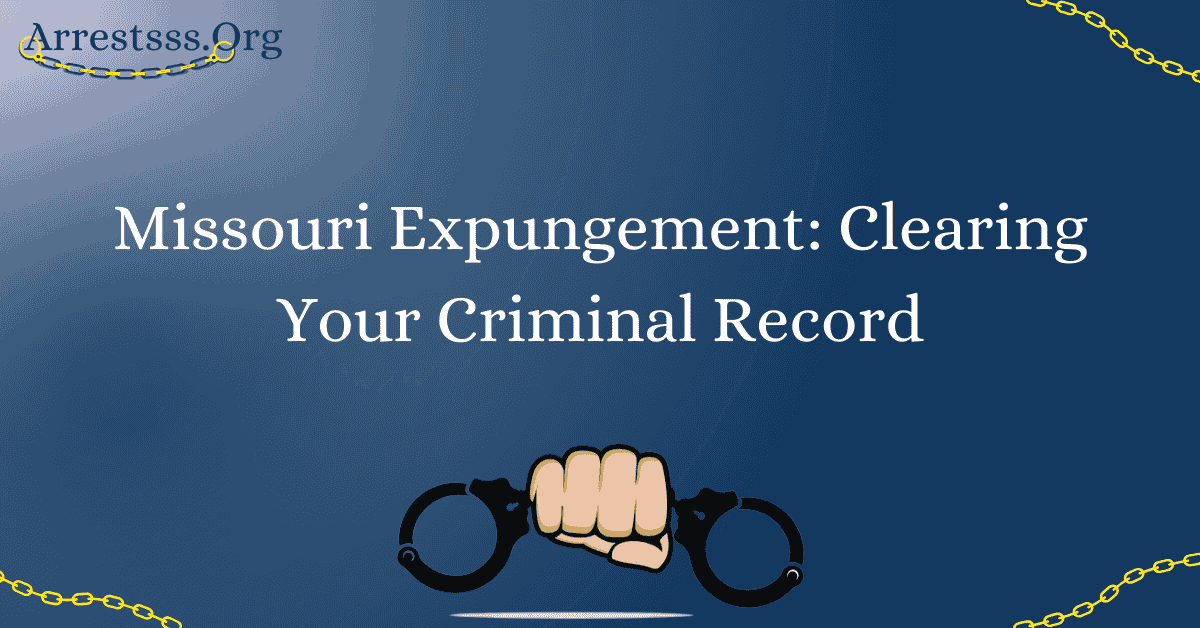
In the state of Missouri, individuals seeking a fresh start often find themselves facing a hurdle: a criminal record from their past. This article delves into the Missouri Criminal Record Expungement Process, providing insight into the steps, requirements, and transformative power of expungement. Whether you’re striving for better job prospects, housing opportunities, or simply peace of mind, comprehending this process can pave the way to a brighter future.
Expungement: A Second Chance at a Clean Slate
Picture a life free from the shadows of past mistakes, where opportunities are limitless, and doors once closed begin to swing open. In Missouri, this dream is attainable through the process of criminal record expungement. This article explores the intricacies of the Missouri Criminal Record Expungement Process, offering guidance on how to navigate the path toward a clean slate and brighter prospects.
Missouri Criminal Record Expungement Process
Expunging a criminal record in Missouri can be a life-changing process. To embark on this journey successfully, it’s essential to grasp the key components of the process:
Eligibility Criteria: The foundation of expungement eligibility depends on several factors, including the nature of the offense, criminal history, and time since the conviction or sentence completion. Generally, individuals with non-violent misdemeanor or felony convictions may become eligible for expungement after a specified waiting period.
Types of Offenses That Can Be Expunged: Missouri law distinguishes between expungeable and non-expungeable offenses. While some non-violent misdemeanors and felonies can be expunged, certain offenses, such as sex crimes, cannot be expunged.
Waiting Periods: The length of the waiting period varies depending on the severity of the offense. Lesser offenses may require a shorter waiting period, typically ranging from 3 to 7 years. More serious offenses may necessitate a longer waiting period.
The Application Process: Initiating the expungement process involves completing an application. This document requires detailed information about the conviction, the petitioner’s background, and other relevant details.
The Role of Legal Counsel: While not mandatory, seeking legal counsel is advisable. An attorney with experience in expungement cases can provide invaluable guidance, increasing the chances of a successful expungement.
Benefits of Expungement
Expunging a criminal record can bring forth a multitude of advantages, ultimately transforming lives:
Improved Employment Opportunities: With a clean record, individuals often find it easier to secure better job prospects and advance in their careers.
Enhanced Housing Prospects: Expungement can lead to more favorable outcomes when seeking housing, as many landlords conduct background checks.
Restoration of Rights: Certain rights, such as the right to vote and possess firearms, can be reinstated upon expungement.
Peace of Mind: Perhaps most importantly, expungement offers emotional relief, lifting the weight of a criminal record off one’s shoulders.
The Expungement Process in Action
Now, let’s walk through the practical steps of the expungement process:
Filling Out the Application: The first step involves completing the expungement application accurately. Detailed information about the conviction and supporting documents must be included.
Gathering Supporting Documentation: Gathering the necessary documentation is crucial. This may include court records, sentencing documents, and any other relevant paperwork.
Submitting the Application: Once the application is complete, it must be submitted to the appropriate court along with any required fees.
Waiting for a Decision: After applying, a waiting period begins. The court will review the petition and make a decision based on eligibility and other factors.
Expungement Hearing (If Necessary): In some cases, a hearing may be required to further evaluate the expungement request. This typically occurs when the court requires additional information or clarification.
FAQ’s
How long does the expungement process take?
The duration of the expungement process can vary, typically taking several months to complete. Factors influencing the timeline include court backlog, the complexity of the case, and the specific circumstances surrounding the conviction. It’s essential to be patient and prepared for potential delays during this legal journey.
Can I expunge multiple offenses at once?
Yes, in most cases, you can include multiple eligible offenses in a single expungement petition. This streamlined approach can save time and effort, provided that all included offenses meet the eligibility criteria for expungement. Be sure to consult with legal counsel to ensure the completeness and accuracy of your petition.
Do I need an attorney for expungement?
While hiring an attorney is not mandatory for the expungement process, it is highly recommended. An attorney with expertise in expungement cases can navigate the legal intricacies, help you gather the necessary documentation, and present a strong case in your favor. Their guidance can significantly increase your chances of a successful expungement.
Are there any offenses that cannot be expunged in Missouri?
Yes, certain serious offenses are not eligible for expungement in Missouri. These typically include sex crimes and violent felonies. It’s essential to review the specific list of non-expugnable offenses under Missouri law to determine if your conviction falls into this category. Keep in mind that eligibility criteria can evolve, so consulting legal counsel is advisable for the most up-to-date information.
Will expunging my record completely erase it from public view?
While expungement removes your criminal record from many background checks, it’s important to note that some entities may still retain access to your expunged record. For instance, law enforcement agencies and certain government agencies may have access for specific purposes. However, for most practical purposes, expungement provides a clean slate, enabling you to pursue opportunities with reduced barriers related to your criminal history.


